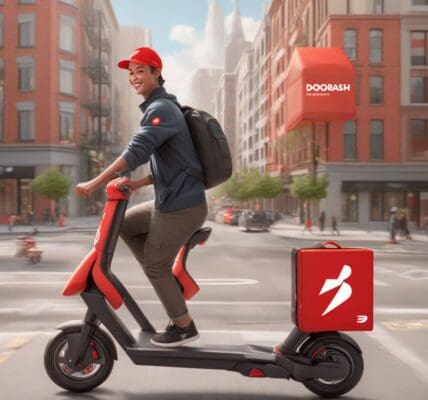The landscape of consumer behavior is changing rapidly, influenced by technological advancements, health consciousness, and shifting priorities. To stay relevant, businesses need to understand these evolving patterns. Natural Grocers, a chain of health food stores, recently penned its insights predicting how consumers will live, eat, and care for themselves by 2025. This article will break down these predictions and their implications for businesses in the retail and e-commerce sectors.
The Rise of Health-Conscious Consumers
Natural Grocers anticipates a significant shift towards health consciousness among consumers. The pandemic heightened the awareness around health, prompting many individuals to seek products that support wellness. The report suggests that by 2025, consumers will prioritize organic, sustainable, and local foods, gravitating towards items with clear health benefits. For instance, retailers could respond to this trend by increasing their offerings of organic products or local produce, thereby meeting consumer demand.
A survey by Deloitte found that 70% of consumers are more likely to purchase from brands that align with their values, particularly in health and environmental sustainability. Retailers that take this initiative and offer transparency about sourcing and production processes can build trust and foster loyalty among health-conscious shoppers.
Digital Shopping and Agility in E-commerce
The shift to digital shopping is not merely a trend; it is becoming the norm. Natural Grocers predicts that by 2025, more consumers will embrace online shopping for groceries and health products, with a particular focus on convenience. Brands must adapt to this inescapable shift by enhancing their e-commerce platforms. A seamless shopping experience, complete with user-friendly interfaces and fast delivery options, is essential.
Consider that in 2020, online grocery sales surged by 54% in the U.S. alone. Businesses must invest in technology to streamline logistics, enhance product selection, and simplify the checkout process. Understanding consumer preferences through data analytics can provide insights into shopping patterns, enabling retailers to tailor their offerings accordingly.
From Ownership to Experience: The Subscription Model Trend
The report indicates that consumers will transition from owning products to valuing experiences. Subscription models for health and wellness services and products are projected to increase, allowing consumers to access a range of offerings tailored to their unique preferences. For example, a subscription service for organic meal kits or personalized supplement deliveries could cater to this demand.
Retailers can explore this model to reach new customers who value convenience and personalized solutions. Companies such as HelloFresh and Amazon Prime Now have set a precedent in the food industry, highlighting the growing demand for subscriptions.
Sustainability as a Core Value
Sustainability is no longer optional; it has become a core expectation. Natural Grocers envisions that by 2025, consumers will hold brands accountable for their environmental impact. Retailers must prioritize sustainable practices, such as reducing plastic use, implementing eco-friendly packaging, and supporting local businesses.
A Nielsen study found that 66% of global consumers are willing to pay more for sustainable brands. Retailers that adopt environmentally friendly practices and communicate these efforts effectively may gain a competitive edge and attract a loyal customer base.
Holistic Wellness Approach
A significant takeaway from the Natural Grocers report is the notion of holistic wellness. Consumers are anticipated to seek products that not only nurture their bodies but also promote mental and emotional well-being. This trend opens opportunities for retailers to integrate wellness products into their offerings, such as stress-relief supplements, mindfulness products, or wellness-based subscriptions.
Brands have successfully capitalized on this trend; for example, companies like Calm and Headspace have seen tremendous growth by focusing entirely on mental wellness. Retailers can complement their existing product line with offerings that promote overall well-being, showcasing their commitment to employee and customer wellness.
Conclusion: Adaptation is Key
Natural Grocers’ predictions for consumer behavior in 2025 underline the importance of adaptation; businesses must evolve their strategies to meet changing consumer preferences. Health consciousness, digital convenience, subscription models, sustainability, and holistic wellness are expected to redefine the retail landscape.
Retailers willing to invest in these areas will be better positioned to thrive in a consumer market that values transparency, convenience, and responsible consumption. By aligning business strategies with these insights, companies can not only meet consumer expectations but also secure a place in the future market.












